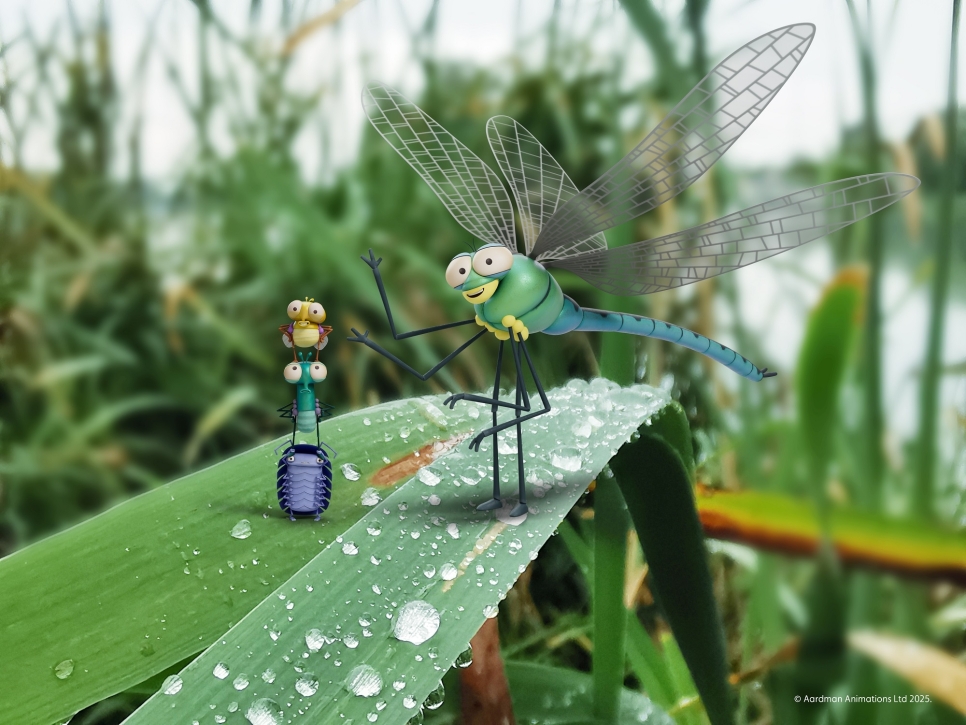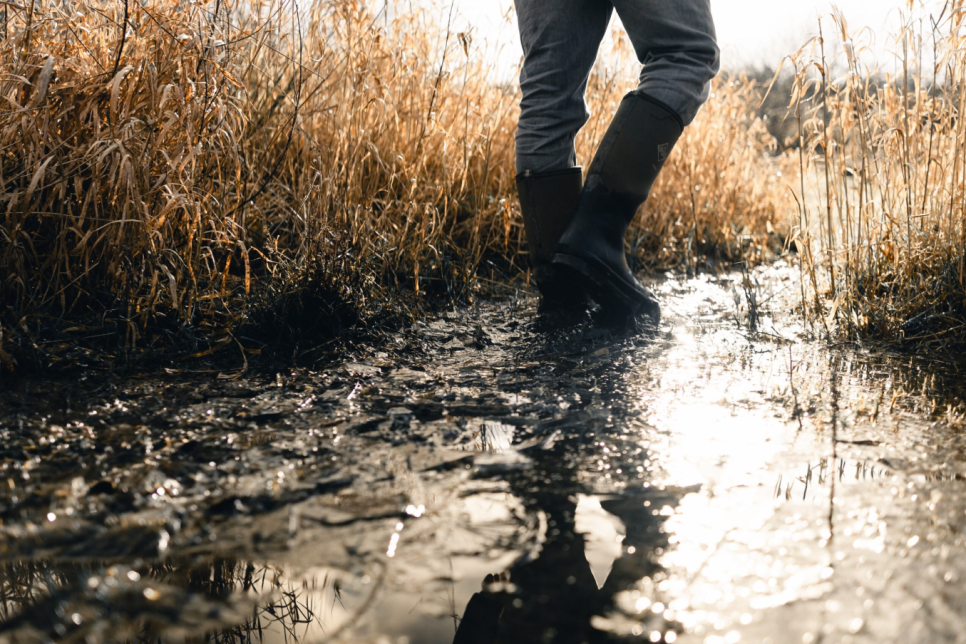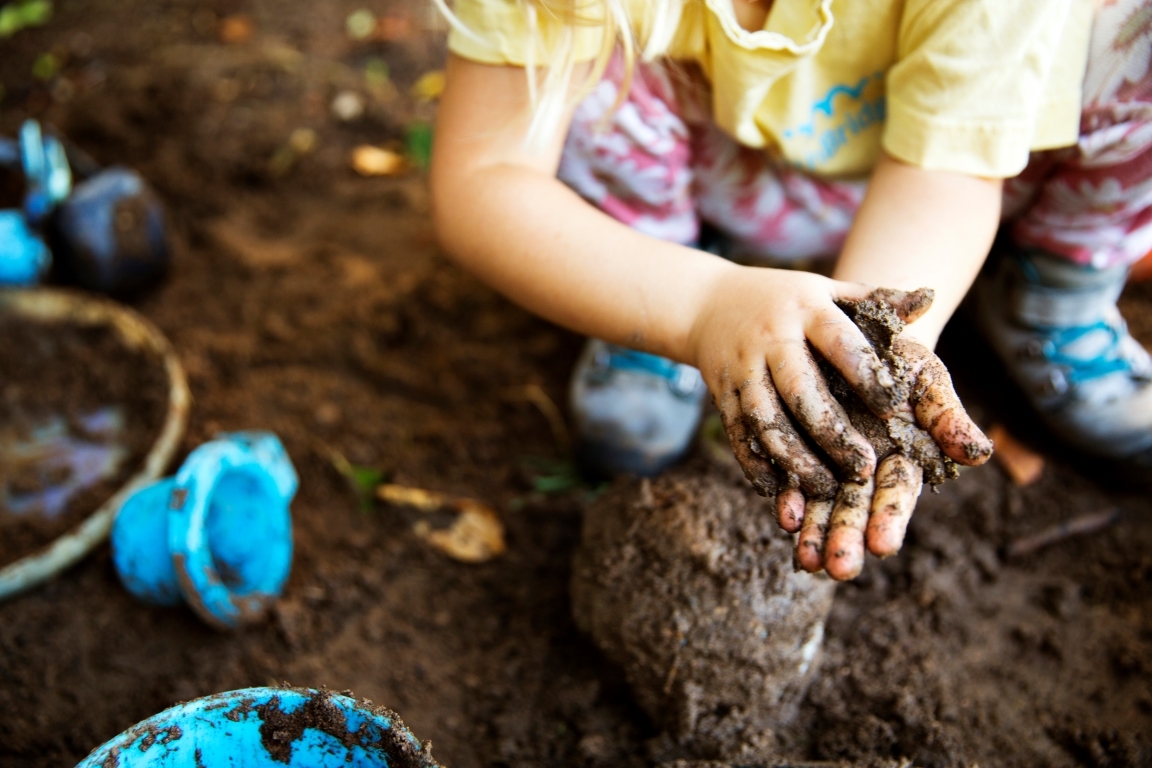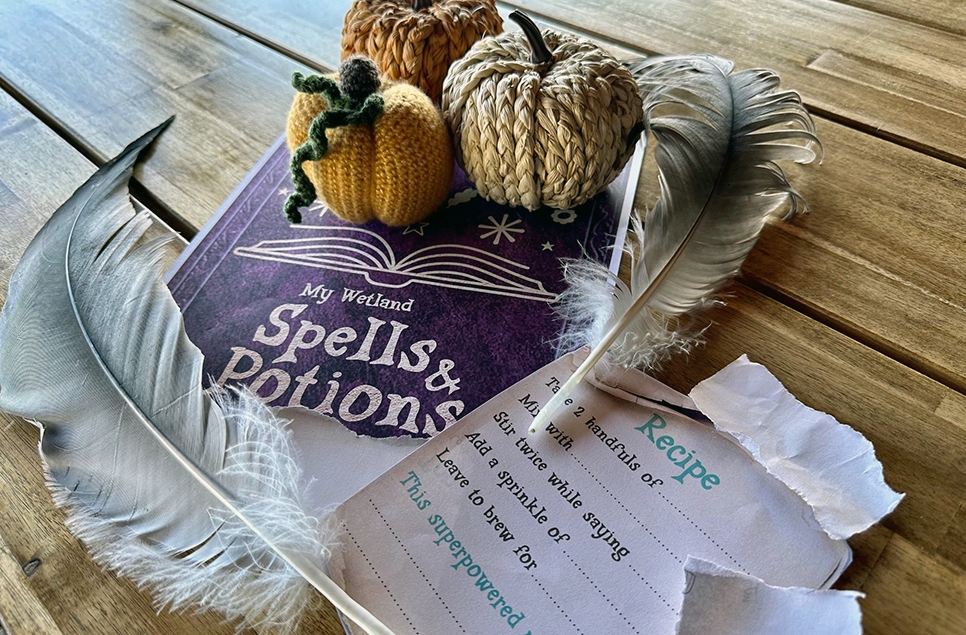Osprey Checks In at WWT Llanelli
A nesting platform recently installed at WWT Llanelli Wetland Centre in the hopes of attracting ospreys to the Burry Inlet following their absence for hundreds of years has been graced by one of the stunning birds already.
On Monday 25 September an osprey was sighted landing on the platform twice and it was evident that the bird had successfully fished the estuary as it clutched a tasty mullet in its talons.
This visit is of particular import as, in recent years, only a few pairs of this spectacular bird of prey have been bred successfully in Mid and North Wales. The platform was installed at WWT Llanelli as scientists from the Dyfi Osprey Project believe that the Burry Inlet is the next most likely area to be colonised in Wales.
We’ve established that this particular bird is a juvenile Scottish osprey and, as ospreys tend to be site-faithful nesters, we are almost certain that this bird will return to breed in Scotland. However, the fact that a young osprey has been seen feeding and using the new platform gives us great hope for its success in the future.
The construction took place in April with staff and volunteers battling the elements to install the platform on the saltmarsh, beyond the saline lagoons on the Burry Inlet.
“Ospreys migrate to and from Africa each year and often stop off in the estuary en route. WWT Llanelli is perfectly placed for nesting ospreys so we are optimistic that they might colonise the area sometime in the next few years.” Said Brian Briggs, Senior Reserve Warden at WWT Llanelli.
We will now continue to monitor osprey activity in the area and maintain optimum site conditions for colonisation.
Other breeding birds at WWT Llanelli include Little Grebe, Pochard, Reed Bunting, warblers including Lesser Whitethroat, Grasshopper Warbler and Cetti’s Warbler, and the only colony of Black-headed Gulls in South Wales.



